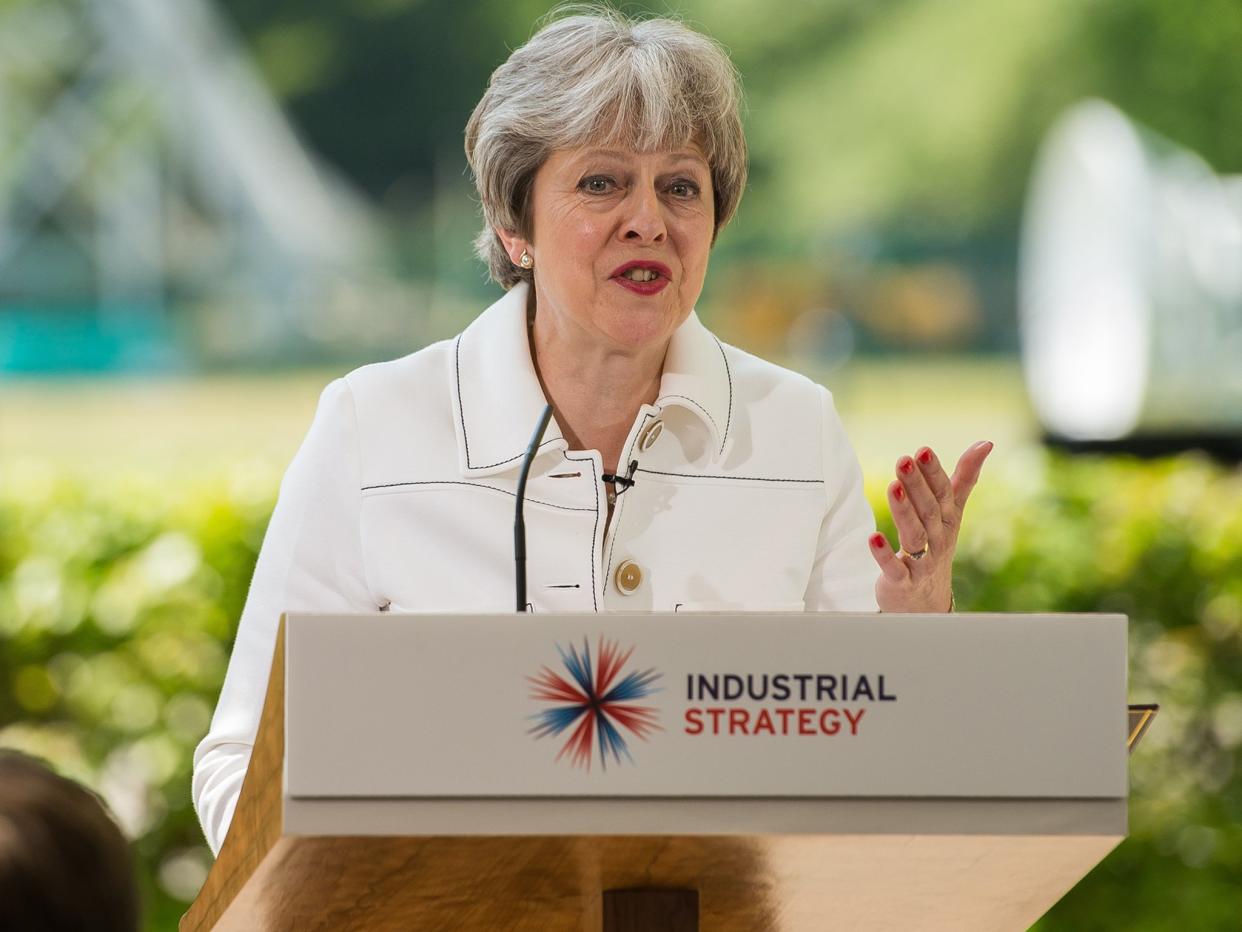What’s the point of a Tory government if even business leaders don’t support its policies anymore?

“Prime Minister, the many thousands of firms we collectively represent are clear: business as usual is not good enough at a time of significant uncertainty.”
So said the British Chambers of Commerce in a letter that should cause quite a stir.
It was sent with the organisation’s leaders gathering in Manchester, an occasion at which you might expect it to be opining on the state of the nation and banging the drum for business to gee up the troops and demonstrate the value of their subscriptions.
And the letter does that. It contains a lot of what you might expect business leaders to call upon a government to do: sort out the tax system, create an economy that rewards enterprise, tell HM Revenue and Customs and economic regulators to stop bullying small firms and concentrate their fire on the real bad boys, and do more to support growth.
These are the sort of things the BCC would say, if Britain were a super-charged tiger economy with a 10 per cent rate of business taxation and the sort of do-nothing regulators Donald Trump likes to appoint.
It’s just like the TUC opining that Britain needs a pay rise (it does by the way).
Were the missive to have confined itself to that sort of red meat, it could have been safely filed away.
But it went further. In summary? Yes, we know, Brexit. But have you lot noticed that there’s a lot of other stuff going on, and things you need to get done? Are you aware that there is a world outside your little debating chamber in which our people have to operate? Could you find five minutes away from your infighting to take a look at it, because we’re having some real problems beyond what we usually talk about?
Included on the BCC’s list: the “perceived inaction in Westminster and Whitehall on key domestic economic matters” – a pop at the trainwreck of an apprenticeship policy (a good aim but very poorly executed), and a complaint about the ongoing problem of gaps in mobile and digital connectivity that “strangle business productivity and UK competitiveness”.
There was unhappiness over the centralisation of decision making, the housing crisis and the current immigration policy (destructive and exacerbating skills shortages). And we mustn’t forget “our rutted and potholed roads”, the rotting cherry on the top of modern British cake.
Many of those points would likely find some sympathy with interests beyond the narrow confines of the business lobby.
So would the argument that says that if you’re intent on Brexit, you need to make sure that the country is ready for it when it happens. And it isn’t. Not even close. By the way, Brexit has already cost us £40bn to date, according to no less than the Governor of the Bank of England.
Imagine what the figure could reach if the BCC’s fears are realised.
The trouble is, the national interest is of vanishingly small importance to Theresa May when set against her, narrow goal of short term survival in office.
This is leading to a sense of deep frustration among people who could usually be counted upon to be amongst her party’s most enthusiastic cheerleaders.
Sure, there are still the weekly meetings with Greg Clark at the Department for Business, Energy and Industrial Strategy, as you might expect there to be given its stated function.
But outside of them, the picture is a lot more spotty – much more so than is usual – leading to a feeling that the party of business has, well, turned its back on business.
Without this core constituency, is the Tory Party really anything more than just the pallid Ukip its lunatic fringe would have it become? Is there even a point to it?

 Yahoo News
Yahoo News 
